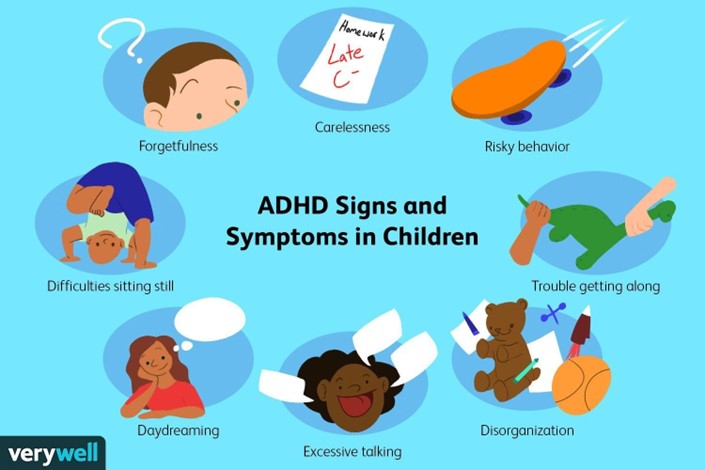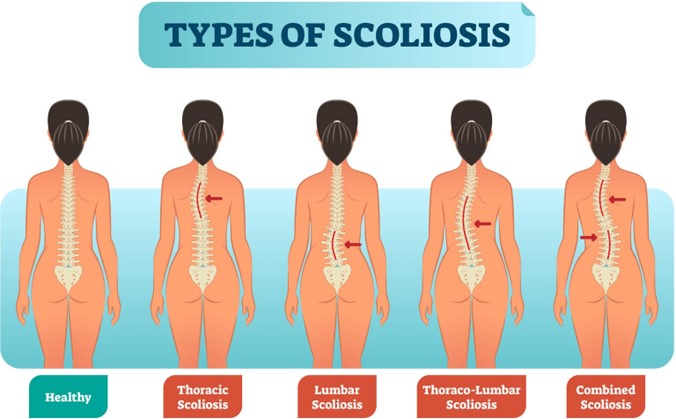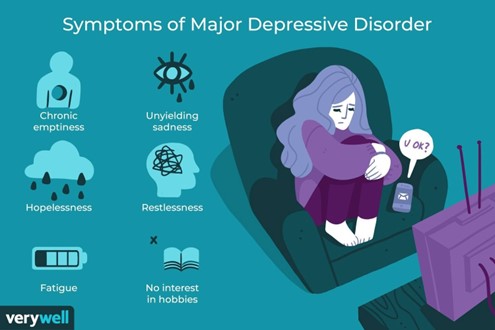The practical nurse (PN) is discussing attention deficit hyperactivity disorder (ADHD) with the mother of a 7- year-old student newly diagnosed with the disorder. Which intervention should the PN suggest as most effective in managing the symptoms of ADHD?
Provide a structured daily routine.
Consult with a licensed kinesiologist.
Institute a regimen of mega-vitamins.
Eliminate dietary simple sugars.
The Correct Answer is A
Providing a structured daily routine is the most effective intervention for managing the symptoms of ADHD. Children with ADHD benefit from routines that include consistent times for meals, homework, play, and bedtime. This provides structure and predictability, which can help to decrease anxiety and improve the child's ability to focus.
Consulting with a licensed kinesiologist (B) or instituting a regimen of mega-vitamins (C) have not been found to be effective interventions for managing the symptoms of ADHD.
Eliminating dietary simple sugars (D) has also not been found to be an effective intervention for managing the symptoms of ADHD.

Nursing Test Bank
Naxlex Comprehensive Predictor Exams
Related Questions
Correct Answer is C
Explanation
Scoliosis screening is typically performed on early adolescent girls, as this is the age group that is most commonly affected by the condition. Early detection and intervention can help prevent the progression of scoliosis and improve outcomes.

Correct Answer is A
Explanation
One of the most important interventions in caring for clients with major depressive disorder is building a therapeutic relationship. Scheduling regular periods of time for interaction with the client demonstrates support and provides an opportunity for the client to express their feelings and concerns. Journaling and self-reflection can be helpful interventions for some clients, but they do not necessarily demonstrate support.
Assisting the client to identify symptoms of depression is important for assessment and care planning, but it is not a way to demonstrate support.
Incorporating animated communication techniques may be appropriate for certain clients, but it is not a universal intervention for supporting clients with major depressive disorder.

Whether you are a student looking to ace your exams or a practicing nurse seeking to enhance your expertise , our nursing education contents will empower you with the confidence and competence to make a difference in the lives of patients and become a respected leader in the healthcare field.
Visit Naxlex, invest in your future and unlock endless possibilities with our unparalleled nursing education contents today
Report Wrong Answer on the Current Question
Do you disagree with the answer? If yes, what is your expected answer? Explain.
Kindly be descriptive with the issue you are facing.
